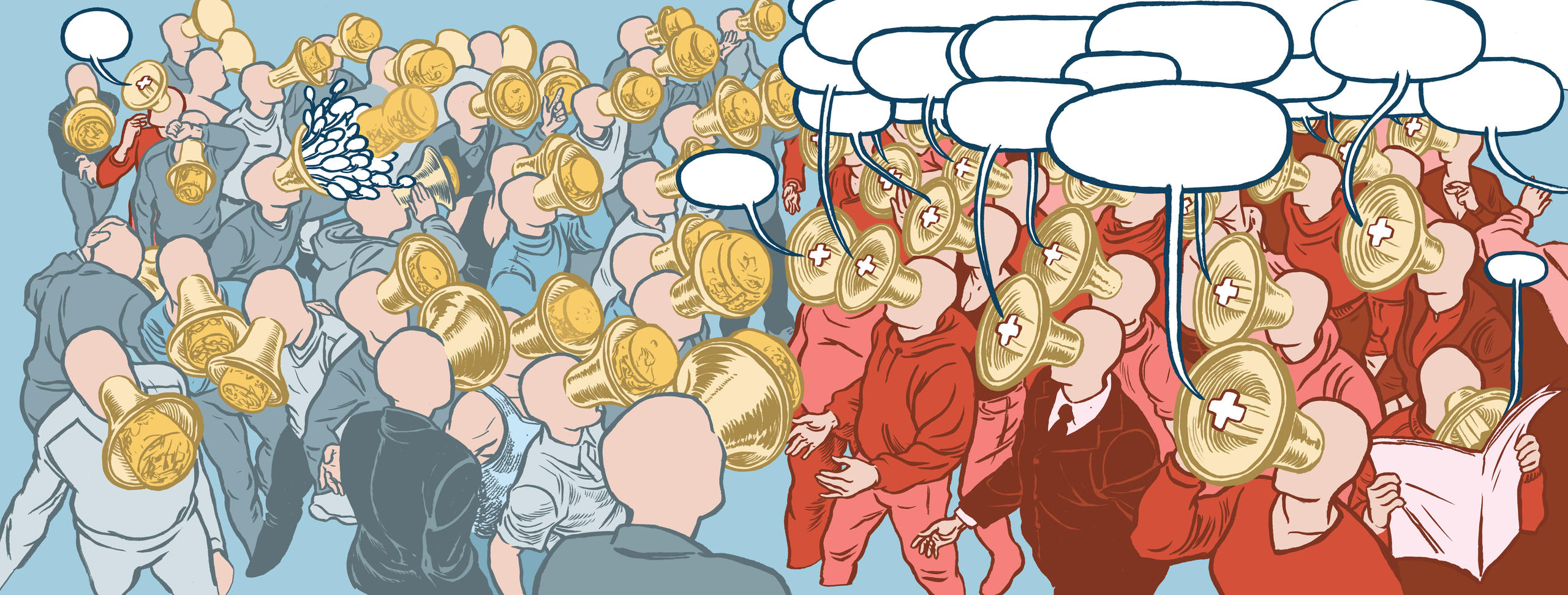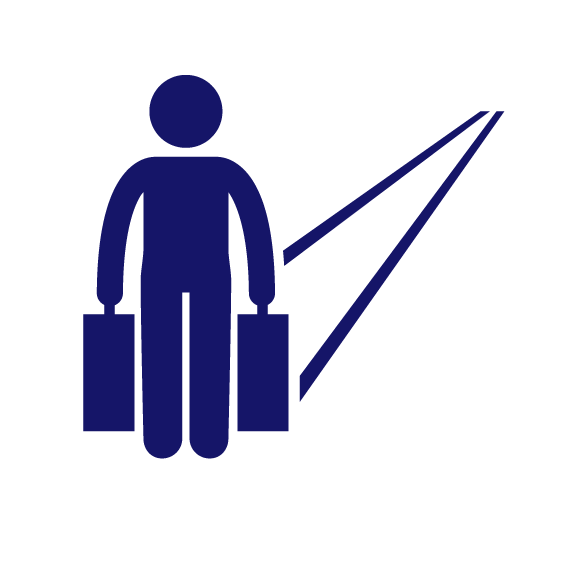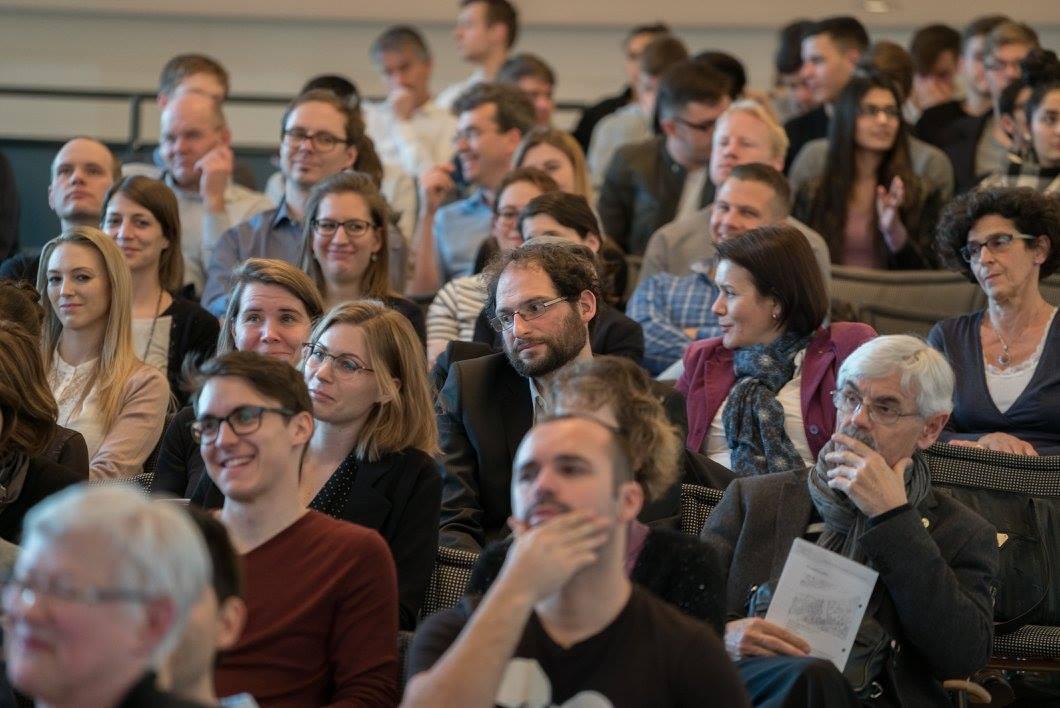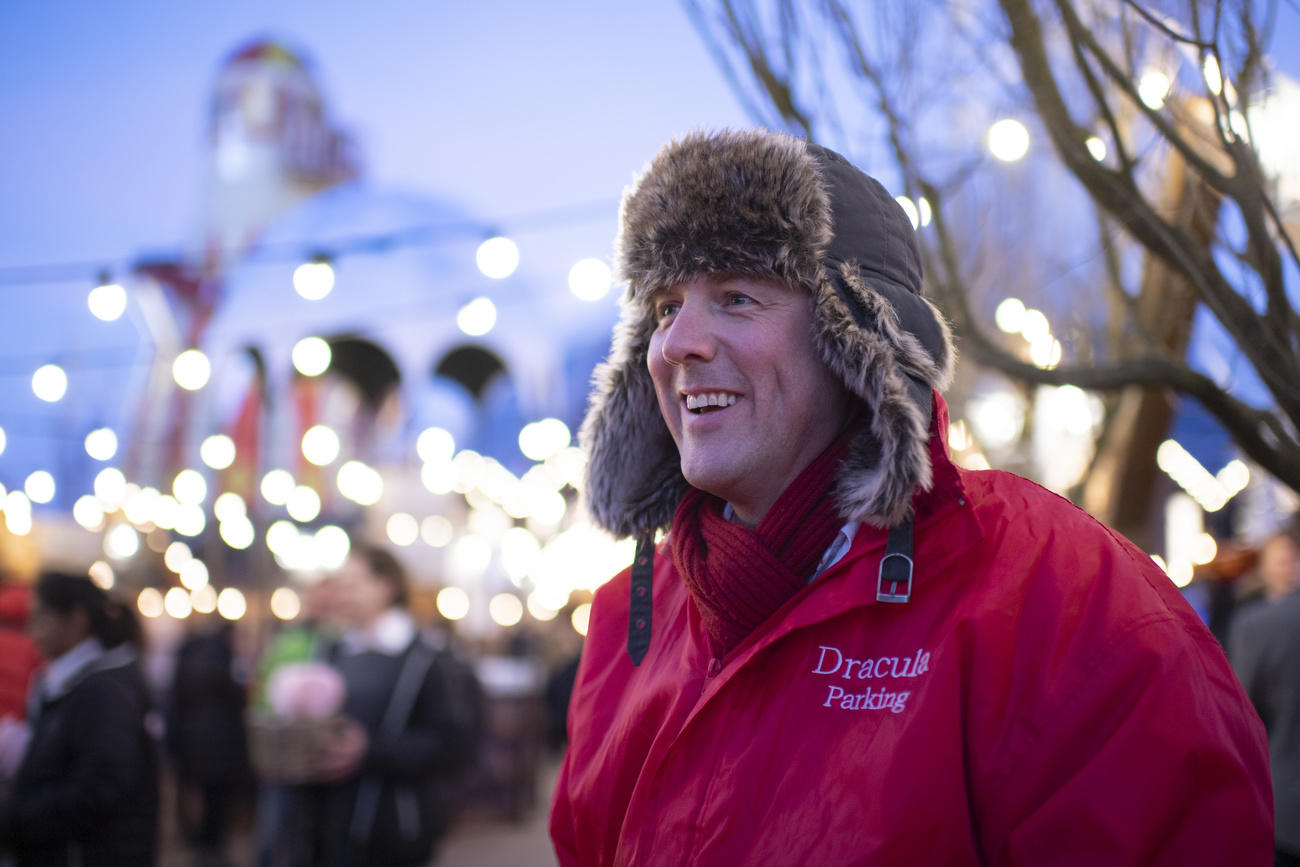

Switzerland – a two-tier democracy
Switzerland has a much-praised democracy, even if it has only been a real democracy since 1971, when men said yes to allowing women to vote. By contrast, foreigners, who make up a quarter of the 8.6 million people in Switzerland, still have no political rights at national level.
Foreign residents pay taxes, pension and unemployment insurance contributions, and their consumption keeps the domestic economy going. However, because they have no political rights, a quarter of the population in Switzerland lives as second-class citizens.

More
Switzerland is three-quarters of a democracy
One of them is Paola Palmieri. “I was born here in Basel in 1977. The date of entry on my identity card is my date of birth. I graduated from school here and I am at home in Switzerland,” says Palmieri.
But she is only allowed to have a say in Italian politics, where her parents come from. Because in Switzerland, political rights are linked to citizenship.

More
Foreigner voting rights
At cantonal level the situation is somewhat different: two of Switzerland’s 26 cantons – Neuchâtel and Jura – allow foreigners to vote during cantonal elections.
In five cantons, foreigners get to vote at communal level (i.e. towns and villages – the third tier of administration in Switzerland). In addition to Jura and Neuchâtel, these are Fribourg, Vaud and Geneva. In terms of voting rights for foreigners, it seems, there is a gulf between French and German-speaking Switzerland.
That said, Appenzell Outer-Rhodes, Basel-City and Graubünden are three German-speaking cantons which allow their communes give voting rights at the local level, if they wish.
In total, foreigners can participate politically in some 600 of the 2,202 communes in Switzerland.
The right of foreigners to vote on national issues or at national elections appears a very distant prospect. “No red passport, no say” is the position of the centre-right majority. “Swiss citizenship must not be free, it’s only available at a price. And that is naturalisation,” says Thomas Burgherr, parliamentarian for the right-wing conservative Swiss People’s Party (SVP).

More
‘Voting rights in Switzerland can’t be free’
Pragmatists therefore focus their efforts at the communal level. One such figure is Joachim Blatter, professor of political science at the University of Lucerne. He wants voting rights given to everyone who has lived in a municipality for five years, arguing that Switzerland excludes more people from the democratic system than most other European countries.
Blatter is part of a new dynamic that is a growing force, particularly in cities such as Zurich and Basel. But foreigners’ right to vote is also an issue in some mountain regions – for example in St Moritz.

More
Will letting foreigners vote revitalise St Moritz?

In compliance with the JTI standards
More: SWI swissinfo.ch certified by the Journalism Trust Initiative





























